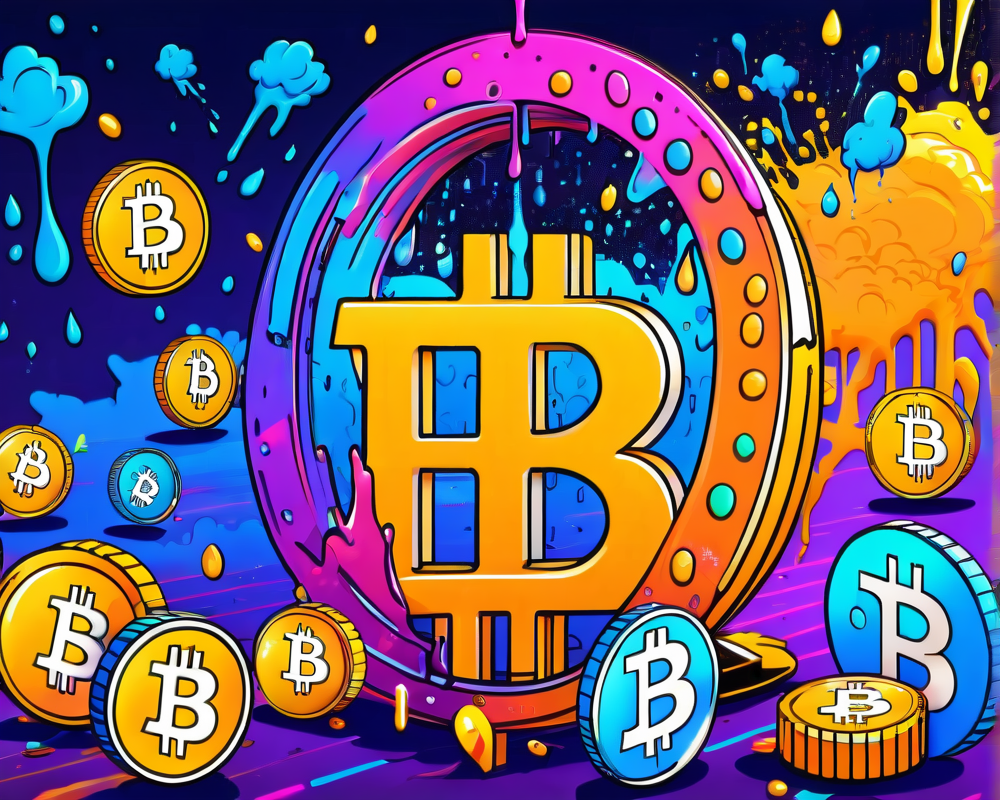The Credential Catastrophe: Fake Degrees on the Rise
The world of education is facing an epidemic of fake credentials. A recent report indicates that approximately 2,800 individuals managed to purchase diplomas from unaccredited schools, subsequently passing essential licensure exams in the health-care sector. Talk about a shortcut! Authorities are now scrambling to track down these impostors who, instead of textbooks, decided to hit the “buy now” button on their academic achievements.
The Fake Degree Industry: A Multi-Million Dollar Problem
In the majestic landscape of diploma mills, it’s estimated that around 100,000 fake degrees are bought annually in the United States alone. Imagine paying a mere grand for a shiny piece of paper that supposedly validates your expertise! And just like that, you’ve gone from couch potato to “expert” – all with the click of a mouse.
NFTs: The Heroes We Didn’t Know We Needed
Enter the world of Non-Fungible Tokens (NFTs)! In 2021, educator Beau Brannan had a groundbreaking vision: what if each course offered by an institution was represented as an NFT on a blockchain? “This way,” he said, “we could make individual classes count instead of shoving them into a black hole of a degree where they live forever unseen.” Sounds great, right? Who knew education could also utilize some snazzy digital bling to verify achievements!
Accountability in Education—It’s a Thing!
Brannan asserts that using NFTs fosters deeper transparency and accountability. By having courses in a student’s digital ledger, schools and educators might finally think about the quality of the courses they offer. Just imagine trusting an institution based on its shiny reputation alone – we need proof, folks!
Challenges Ahead: The NFT Integration Maze
But let’s pump the brakes on that optimism. The transition from traditional educational practices to a blockchain-based solution isn’t as easy as hitting “refresh.” Both accessibility and adoption remain major hurdles. Brannan notes, “Technology is like a teen: it doesn’t just dive in without some serious coaxing.” Technical literacy is imperative; if educators and students can’t navigate the techy waters, we might just end up splashing around with confusion.
Investment: The Less Fun, but Necessary Part
It’s not just about knowing how NFTs work; it’s also about putting the dollars behind these integrations. Schools may need to invest heavily and reinvent their processes to make them blockchain-compliant. Think of it as getting a major kitchen remodel—not as fun as cooking, but absolutely necessary for that gourmet masterpiece!
Educators: Finally Getting the Recognition They Deserve
As we tackle the issue of fake credentials, let’s also not forget the plight of our undervalued educators. A decentralized initiative dubbed Open Campus is stepping up to rectify this. By creating avenues for educators to earn through what they create via Publisher NFTs, teachers might finally receive their long-deserved dues. It’s about time we revamped that teacher-pay scale, don’t you think?
Decentralized Solutions at Work!
Speaking with TinyTap CEO Yogev Shelly, it becomes evident that the engagement from the Web3 community is overwhelming. There’s genuine excitement buzzing around the intersection of technology, decentralization, and education. The result? A fairer, more rewarding experience for everyone involved!




